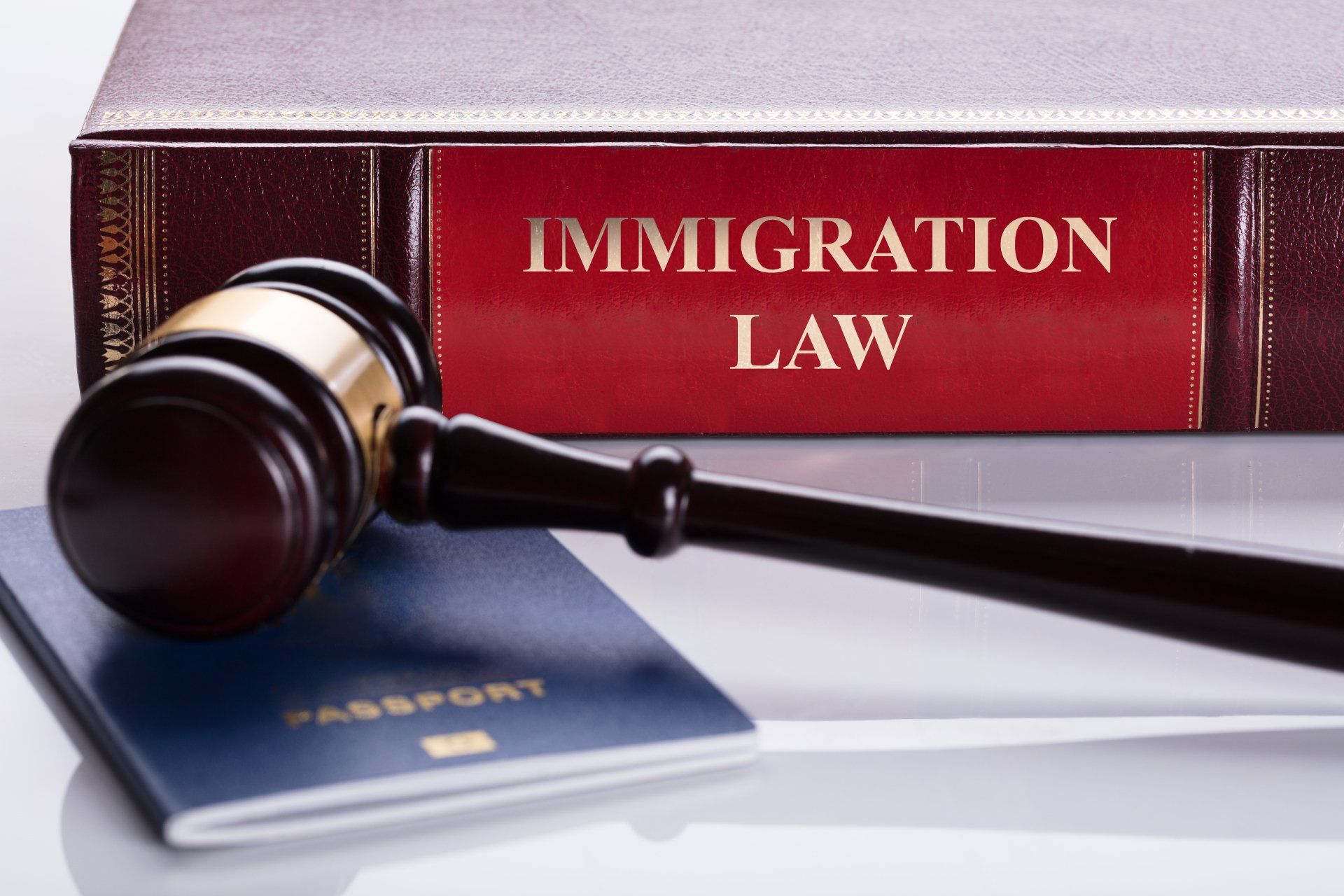What is a Sole Proprietorship?
What is a Sole Proprietorship?
If you’re starting a business or beginning to toss the idea around, you may have considered registering your business with the State of Tennessee, or maybe you’ve already started operating just under your name or under a fictitious business name.
As I previously mentioned in my prior post regarding limited liability companies, one of the first, and most important, things you do when you start your new business is deciding the business structure.
In Tennessee, there are several different entities to choose from: sole proprietorship, partnership, corporation, limited liability company, etc. Each different entity will have its benefits and disadvantages. This blog will solely focus on sole proprietorships in Tennessee.
A sole proprietorship, or maybe you know it by a commonly-used short form “sole prop”, is a business that is owned by a single individual. Being a sole proprietor doesn't mean that you necessarily operate the business alone; you might want to hire employees and/or independent contractors. Even if you hire such people, you can still operate as a sole proprietorship. The key to a sole proprietorship is single ownership.
Here are five things to consider if you’re thinking about operating as a Sole Proprietor in Tennessee:
- A sole proprietorship in Tennessee is extremely simple to start. You just simply start operating your business. One benefit to a sole proprietorship is that it does not require any filing, registration, or fees with the State of Tennessee. There are some basic steps that you should follow to make sure that you are operating in compliance with local, state, and federal laws:
Check the availability of your business name; - Register your business and obtain any required local licenses;
- Determine what tax obligations your sole proprietorship will have; and
- Open a bank account
- A sole proprietor is personally liable for the debts and obligations of the business. You will be personally liable for all debts and obligations of the business, including being personally liable for the actions of your employees. If someone obtains a judgment against you, the plaintiff can seek to collect through your personal assets.
- Tax treatment – a sole proprietorship itself does not pay a separate income tax at the entity level. Instead, the owner of the sole proprietorship reports the business’s profits/ losses on his/her individual income tax return and pays tax accordingly. Additionally, sole proprietors need to be aware of any local/ state taxes, which may include business tax and sales tax.
- Management - As the owner of a sole proprietorship, you exercise complete control over the management of the business. In Tennessee, there are no special requirements regarding the management structure, so as the owner, you exercise complete control over the management of the business.
- Do you need a lawyer? No, you do not. As stated above, sole proprietorships are easy to start, but hiring a lawyer at the beginning, even if just to consider potential issues, can save you the trouble of headaches and heartaches later down the road, including: employment issues and tax withholding obligations; determining applicable licenses; preparing/reviewing vendor agreements; intellectual property protection, etc. Each situation, including each state, is different, so an attorney can help you weigh the benefits, consequences, and potential ramifications of forming and operating your business.
About the Author: Patrick Morrison is an attorney with Grant, Konvalinka & Harrison, P.C. (“GKH”). Patrick is a native to the Chattanooga area and a graduate from Chattanooga School for the Arts and Sciences. Patrick graduated from Middle Tennessee State University in Murfreesboro, Tennessee and pursued his legal education at the University of Tennessee College of Law.Patrick is an experienced lawyer relating to contracts and business law. To learn more about Patrick or GKH, contact Patrick at 423-756-8400 or by email at pmorrison@gkhpc.com
This blog is not intended to create an attorney/client relationship or provide legal advice. Please contact the author if you have any questions or comments regarding the subject matter.










